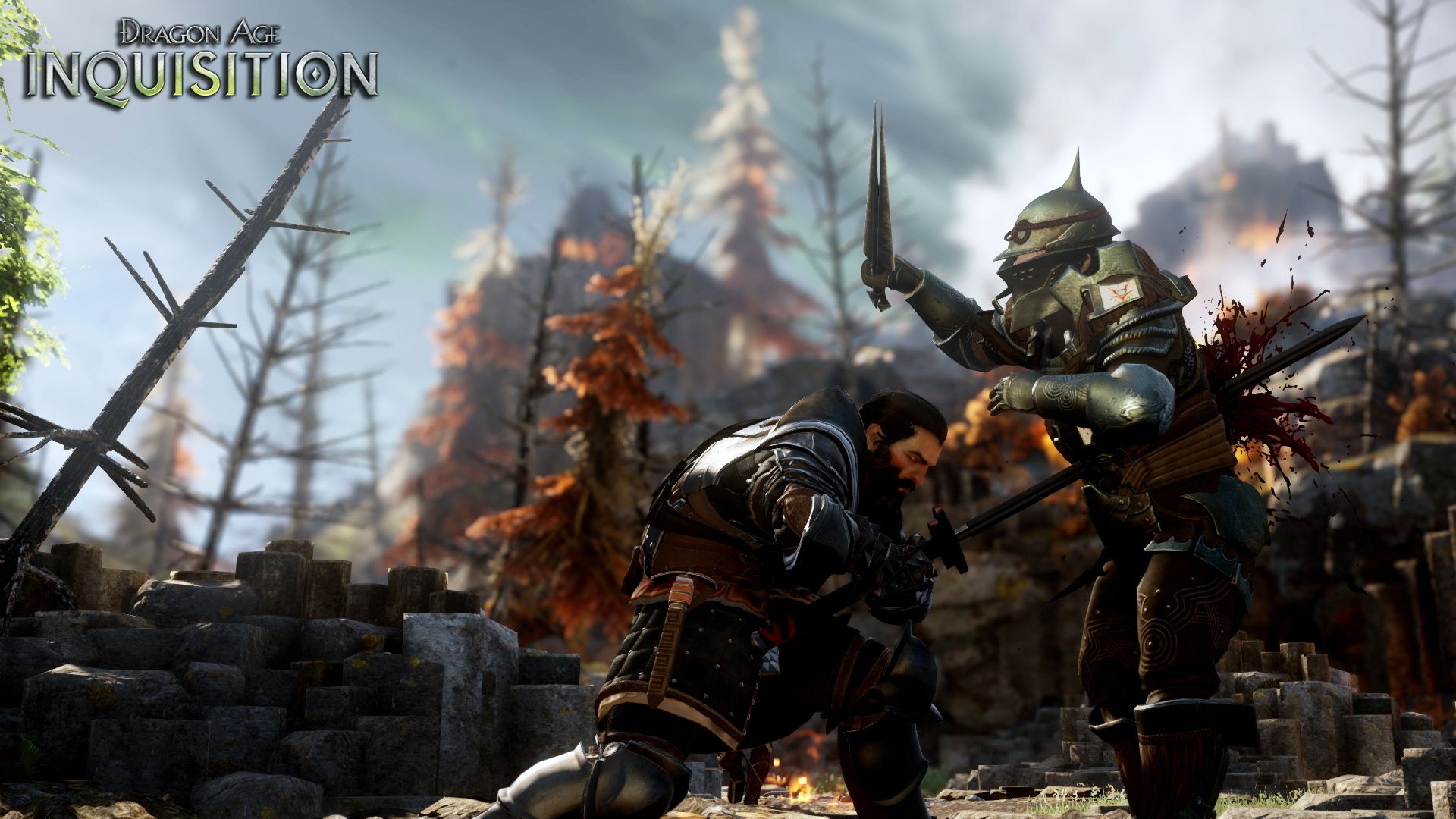We’ve discussed linear vs. open world a bunch of times here on DualShockers. Whether it was in editorials we’ve published in the past or episodes of the ShockCast, the topic has come up over and over again. Don’t worry, this isn’t another one of those, but a recent press event that I attended reminded me why it’s so hard to buy into the hype of an open world game.
Call me old school because well… I’m old. But with my age comes more and more outside responsibilities (family and career) that eat away at my gaming time. When I make purchasing decisions I always take into consideration two important questions: can I take it in through bite sized gaming sessions (an hour here, an hour there)? What’s my price-to-value ratio? If I’m going to plunk down $60 for a game (at release), just like anyone else I expect to get my money’s worth.
The kinds of games that usually answer “yes” and “yes” to both of the questions mentioned above are open world titles like GTA V, Watch_Dogs, and the upcoming Dragon Age: Inquisition. All of these titles offer large open areas to explore as well as moderate-sized to lengthy campaigns, so the value is definitely there. And whether it’s a mission or a quest, modern game design has already dictated that story progression segments of video games are getting shorter from one checkpoint to the next; so squeezing in gameplay sessions with the kinds of games mentioned above shouldn't be a issue either.
So now that I’m getting what I want from these games, why am I still not completely satisfied?
For me, it all breaks down when it comes to a game’s story. And no, I’m not comparing GTA V’s social parody narrative with Dragon Age: Inquisition’s create-your-own-fantasy experience, because that would be silly. But what many of these open world games games have in common, in my opinion, is their inability to keep you hooked into their characters and stories; an unfortunate by-product of their open-ness.
I don’t want to say it’s an issue of too much to see, too much to do, but at times it can definitely feel that way. Fantasy open world RPGs love throwing side quests at you, and while they are fully optional and (usually) do not affect the story, even seeing them in the the same codex as your (main) tasks can, at times, feel a bit overwhelming. Grand Theft Auto can, in its own way, be just as guilty, especially when the game decides to fill your map with what looks like the entire alphabet, without indicating what events will actually push the game’s story forward.
This is something I brought up to Dragon Age: Inquisition producer Cameron Lee when I interviewed him about the game. The way he said BioWare was addressing this issue in Inquisition is by building out the side stuff in a way that it always directly affects the game’s main story (i.e. completing certain side missions will add personnel to the Inquisition you’re building, etc). What this tells me is that there are probably plenty of other gamers out there who share this same relationship and experiences as I do with open world titles.
From a production standpoint, folks on creative teams of the developers of these games probably take an ego hit when the story and the characters they’ve worked days, months, and years on to develop take a back seat to everything else that is going on in their respective game. From a player standpoint, If you’re investing more than 20 hours into a game’s campaign but can’t talk about what you played because there was so much going on, did the game’s creative teams accomplish what they intended to?
Here’s another way to think about it: raise your hand if you have that friend who sunk 200 hours into Fallout: New Vegas but couldn’t describe a damn thing about the game’s story when you asked. OK you can put your hand down now, but I hope you get the point.
In the same vein that checkpoints in video games have evolved in a way that it allows players to cram in smaller play sessions, the manner in which story progression is handled in open world titles, in my opinion, needs a revamping as well. It’s telling that the team at BioWare, a studio that injects its games with lore and story, didn’t realize something wasn’t right in the way they were delivering their stories in open world games until 2014. However, it is a relief to know that the inclusion of things like the Inquisition system in the upcoming Dragon Age they have a chance to address it and redeem themselves.
Hopefully they aren’t the only developers who are identifying this opportunity in storytelling. But until more developers start focusing on making side content significant, and most importantly keeping players like me on track with these characters and stories they've spent so much time on, for the time being I will have a love/hate relationship with stories in open world games.



